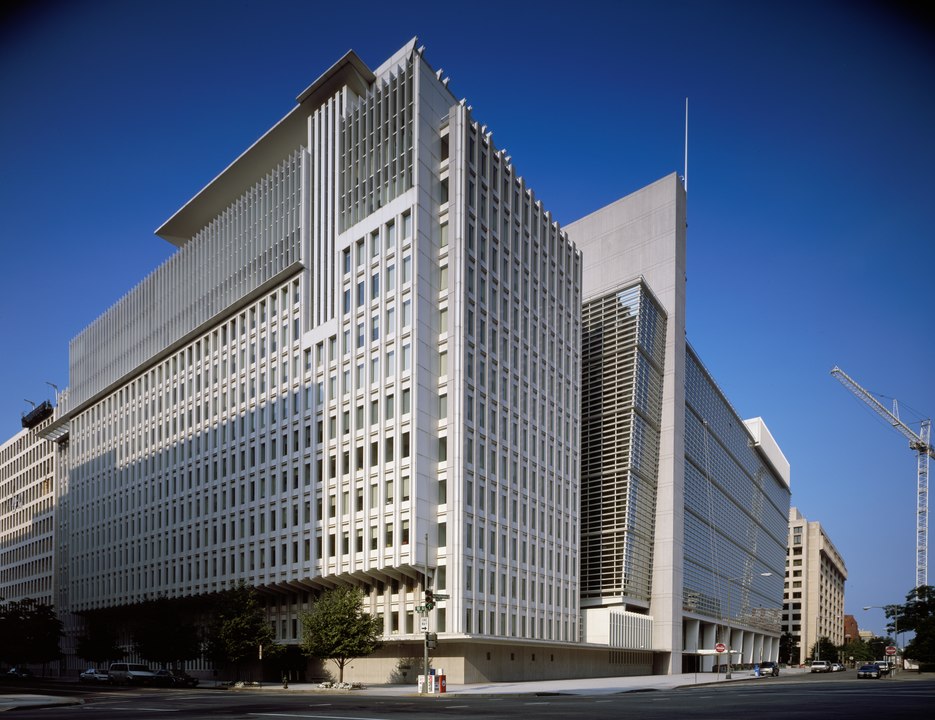
MANILA – The International Monetary Fund (IMF) has recommended the amendment of the Philippines bank secrecy law to further provide the Bangko Sentral ng Pilipinas (BSP) “additional teeth” in regulating financial institutions.
In its report on the financial sector assessment program, the lender said the central bank’s regulatory framework “is broadly effective for the size and complexity of the Philippine banking system, but legislative gaps continue to hinder effective supervision of banks.”
It, however, said bank secretary laws in the country “restrict the BSP’s ability to undertake effective supervision.”
The IMF said bank deposits “are considered to be of an absolutely confidential nature” even the central bank is barred from looking into these “except in defined circumstances.”
“BSP should be granted unimpaired access to information on all customer accounts, and the ability, without constraints, to employ and share depositor information for any prudential purpose (e.g., funding concentrations from related parties, intra-group dependencies, cash flow analysis, related-party transactions (RPT) and off-site anti-money laundering (AML) data and analysis) in order to fulfill its supervisory mandate to address safety and soundness concerns,” it said.
The report said although the central bank’s regulatory oversight on financial institution’s anti-money laundering (AML) and combating financing terrorism (CFT) remains strong, “certain components of the regulatory framework need to be strengthened.”
It said the BSP has ensured to effectively use its contingent AML experts but it still needs to make sure that there are always adequate resources for this purpose.
“Further, although BSP makes use of its enforcement tools (issuing directives, letters of commitment, etc.), it needs to ensure it is effectively utilizing its monetary penalty regime for AML/CFT non-compliance issues on a consistent basis,” it added.